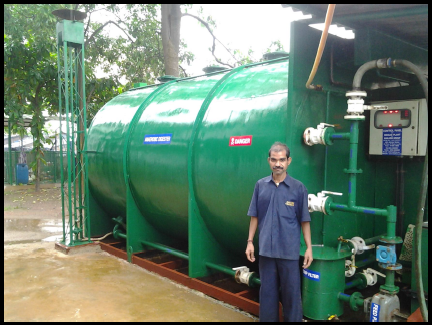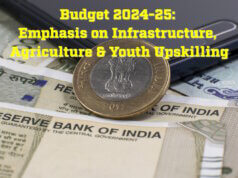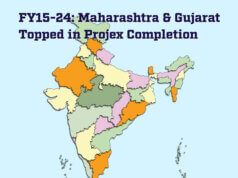
 —Sameer Rege, CEO, Mailhem Ikos Environment Pvt Ltd
—Sameer Rege, CEO, Mailhem Ikos Environment Pvt Ltd
Waste management is a highly neglected area in India. Currently, how much solid waste is treated scientifically in India?
According to the planning commissions’ report, 377 million people in India generate 68 million tonnes of municipal solid waste on an annual basis. Of this, only 20 per cent of waste is processed in a scientific manner.
There is a school of thought that the government, due to its legacy style of functioning, may not be in the best of positions to implement scientific waste management. Inducting private sector players appears to be the only way out. What is your view?
It is an accept fact that the government alone cannot do it. Hence, the best possible way is exploring public private partnership (PPP) model. However, the experience with PPP has not been fruitful so far in India. Making this model attractive requires government support and viability gap funding.
The challenges that we foresee are lack of proper foolproof concession agreement, lack of funds for tipping fees and lack of awareness and knowledge with management staff of urban local bodies.
What was the rationale in selecting French company Lhotellier Ikos as your partner? Please discuss the synergy achieved by the partnership.
The French Lhotellier Group is a family business run by the fourth generation of entrepreneurs and is now 96 years in business. Mailhem Engineers Pvt. Ltd (now Mailhem Ikos Environment Pvt. Ltd.) is also a family business and we share common values. The focus has been strong work ethics and “leaving behind a legacy”. The frequency of the companies matched – they wanted a marriage. With their technical and financial strength we are able to bid for large size projects and have already bagged two such projects.
Tell us about your operations in Tamil Nadu through your 25 waste management projects in that state.
The waste treatment projects in Tamil Nadu are based on decentralized waste management concept. The pilot plant in Tamil Nadu was set in Arcot Municipal Corporation for 3 tonnes per day segregated organic MSW. Based on the same concept other ULBs in Tamil Nadu are setting up biogas plants for waste treatment in the range of 3, 5 and 10 tonnes per day. Some of these plant have been commissioned and some under construction. Other states are now looking at Tamil Nadu to replicate the decentralized waste management project for organic solid waste treatment.
Power plants running on municipal solid waste (MSW) or biogas represent a gainful application of waste management. What is India’s total estimated potential and how much has been harnessed so far?
In the report of the Task Force on Waste to Energy by Planning Commission in 2014, an estimate of 2600 mw of electricity can be generated every year from waste produce by urban population of India. Unfortunately, there are only few successful waste-to-energy projects in India, while the potential is enormous.
MSW-based power plants, as we understand, tend to have high capital costs. What could be a way out to boost financing?
To boost financing for MSW-based power plants following are suitable ways – corporate social responsibility funds, green energy bonds, public private partnerships, and viability gap funding.
What is your view on the “Swachh Bharat” mission as a revolutionary agent of scientific waste management, and not just another catch phrase?
Solid waste management is a major challenge and Swachh Bharat Mission is an endeavor to address the issue. If not addressed now, it could become a major crisis round the corner. This attempt to Clean India will be an agent of change for scientific disposal of waste. There will be huge participation of private venture to generate wealth from waste and create millions of jobs. Above all, the movement will be successful only if it becomes people’s movement and not remain only government movement.
If you were to suggest three policy measures that can expedite scientific waste management in India, what would they be?
I would say:
- Segregation at source of waste generation
- Introduce tipping fee (polluters to pay)
- Judicious mix of centralized and decentralized waste treatment technologies











